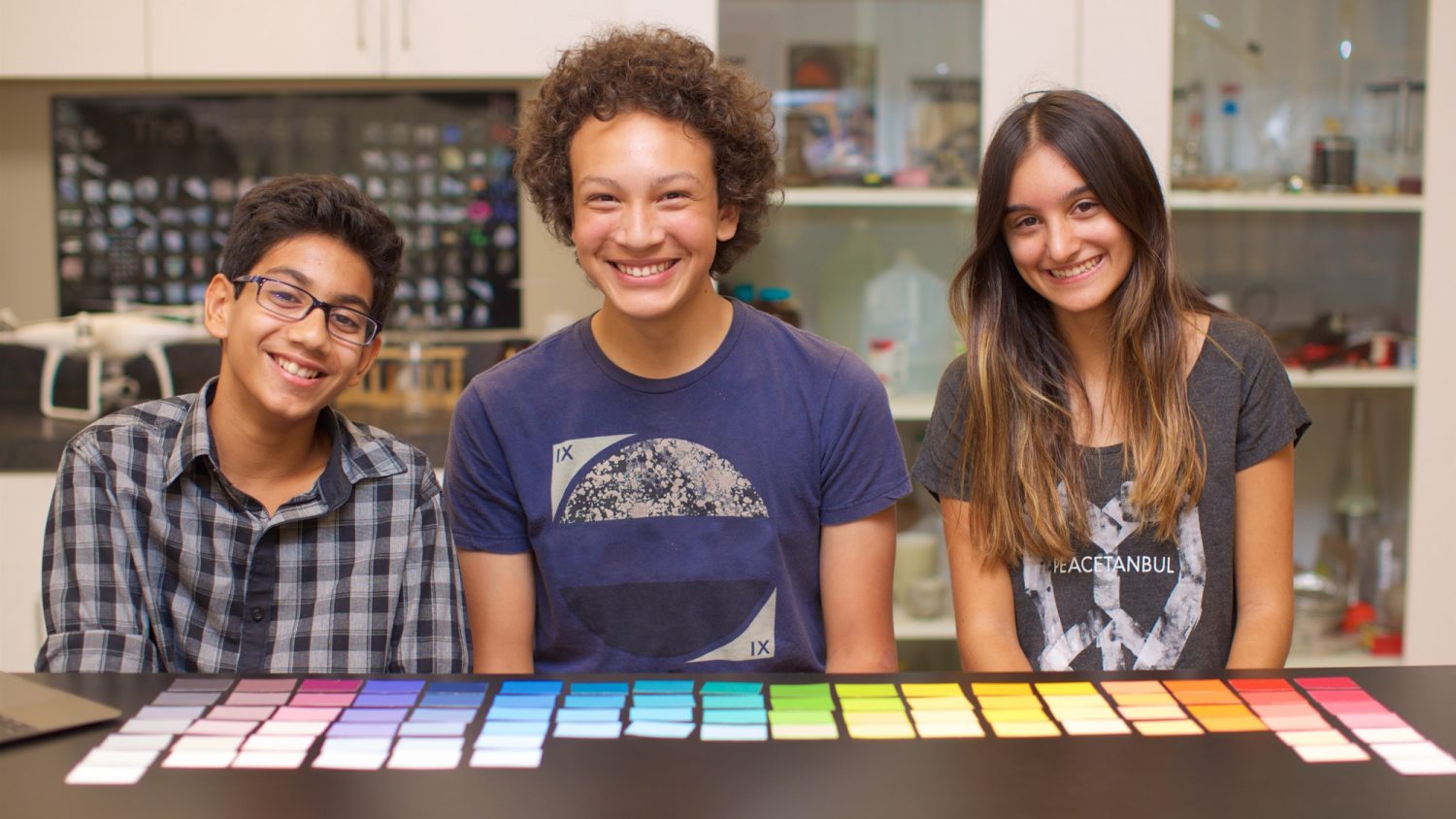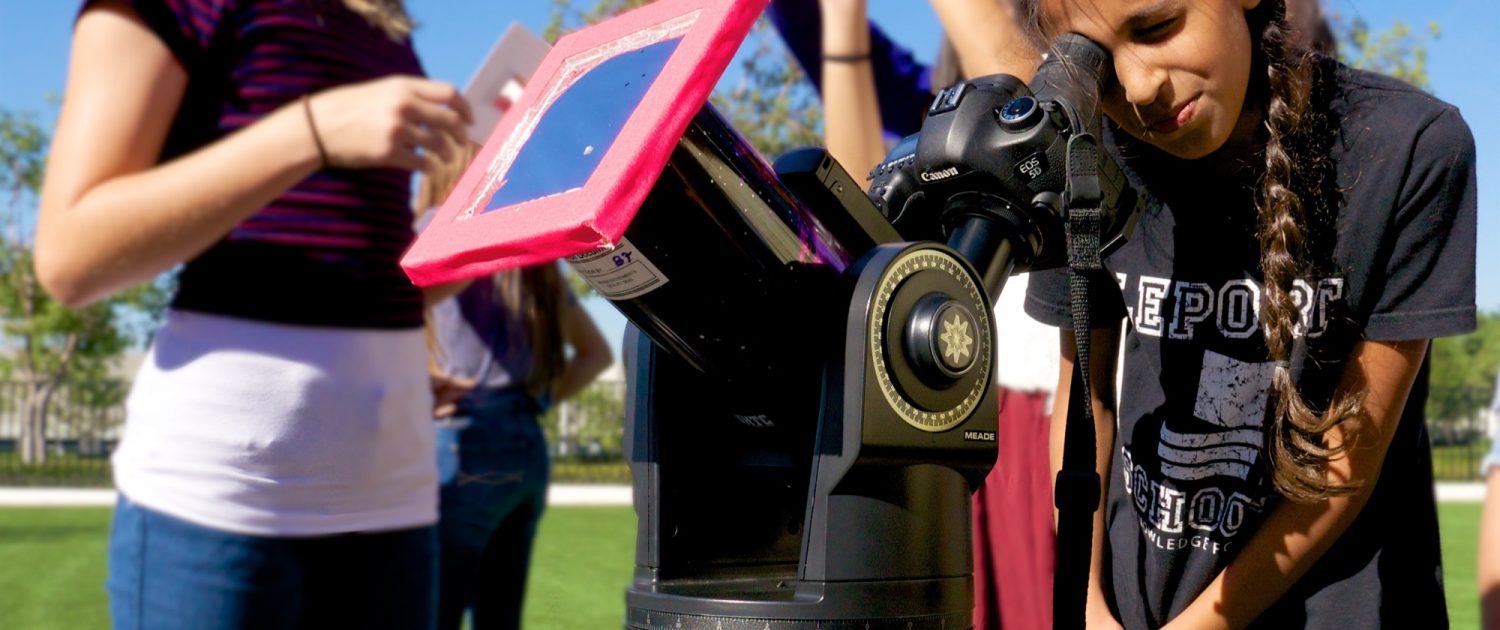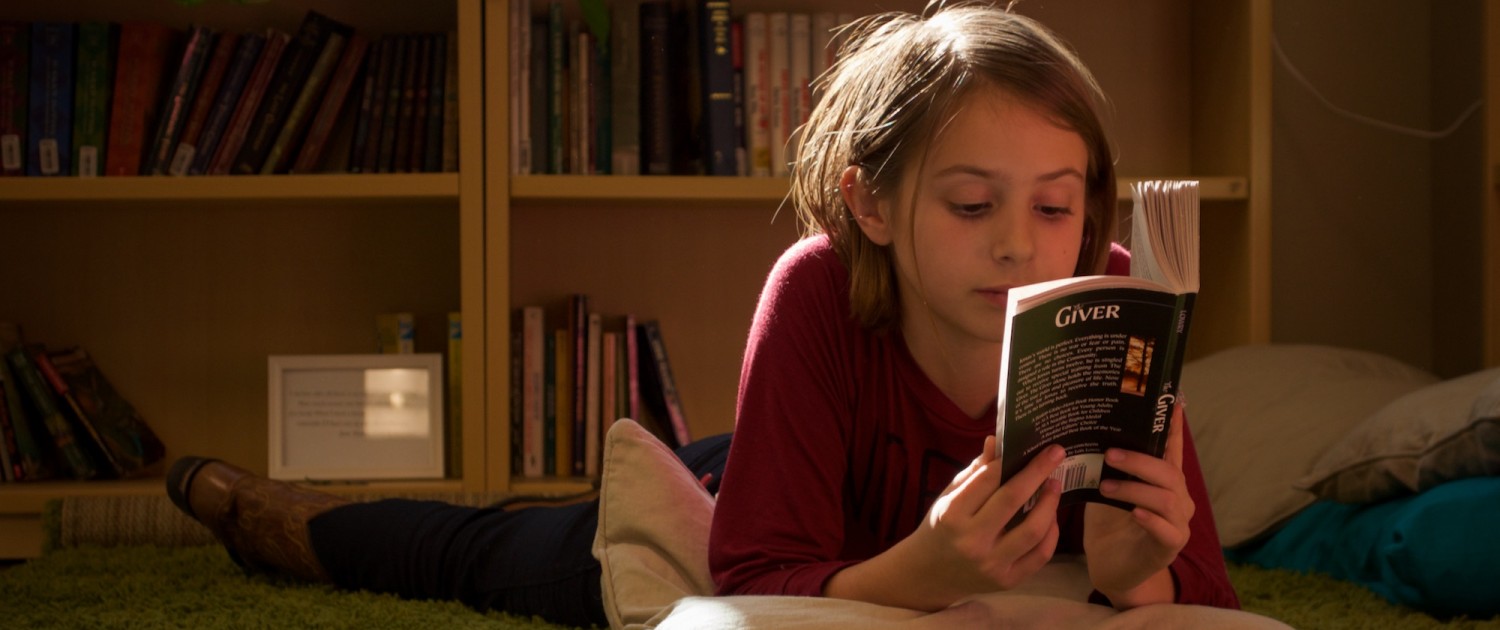Choosing the right middle school is an important step in your child’s learning journey. We know that the middle school years are a time of great change. Children begin questioning purpose and meaning and adjust to entering a new stage of life. Our Montessori Middle School program provides our students with a caring and structured place for them to develop as individuals. With our guidance, students are prepared to take on both academic and personal challenges with strength and resilience.
Stay in touch with LePort Montessori
Please fill out the form to receive additional info, as well as invitations for upcoming event. If you share your phone number, our admissions team will call to answer your questions or set up a tour.
By providing us with your phone number, you consent to being contacted by LePort Montessori and/or its affiliated schools regarding their educational programs, whether such contact is by phone, autodialer, recorded message, or text. Please note: Your consent is not required as a condition of enrollment.




